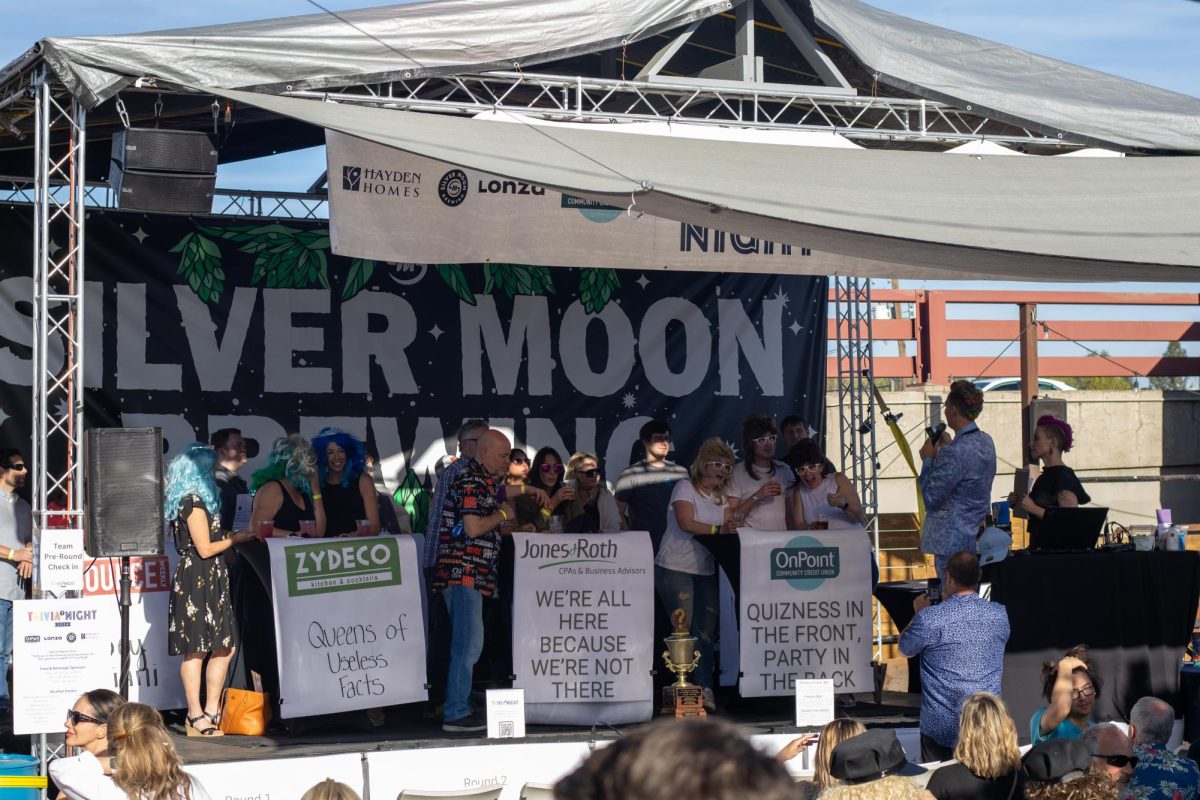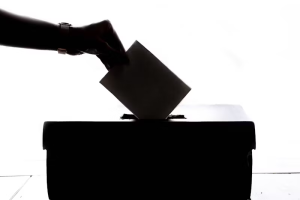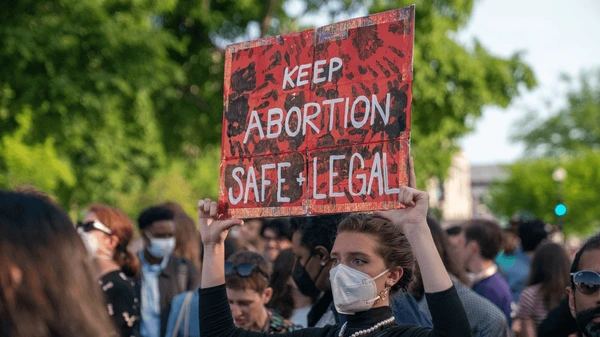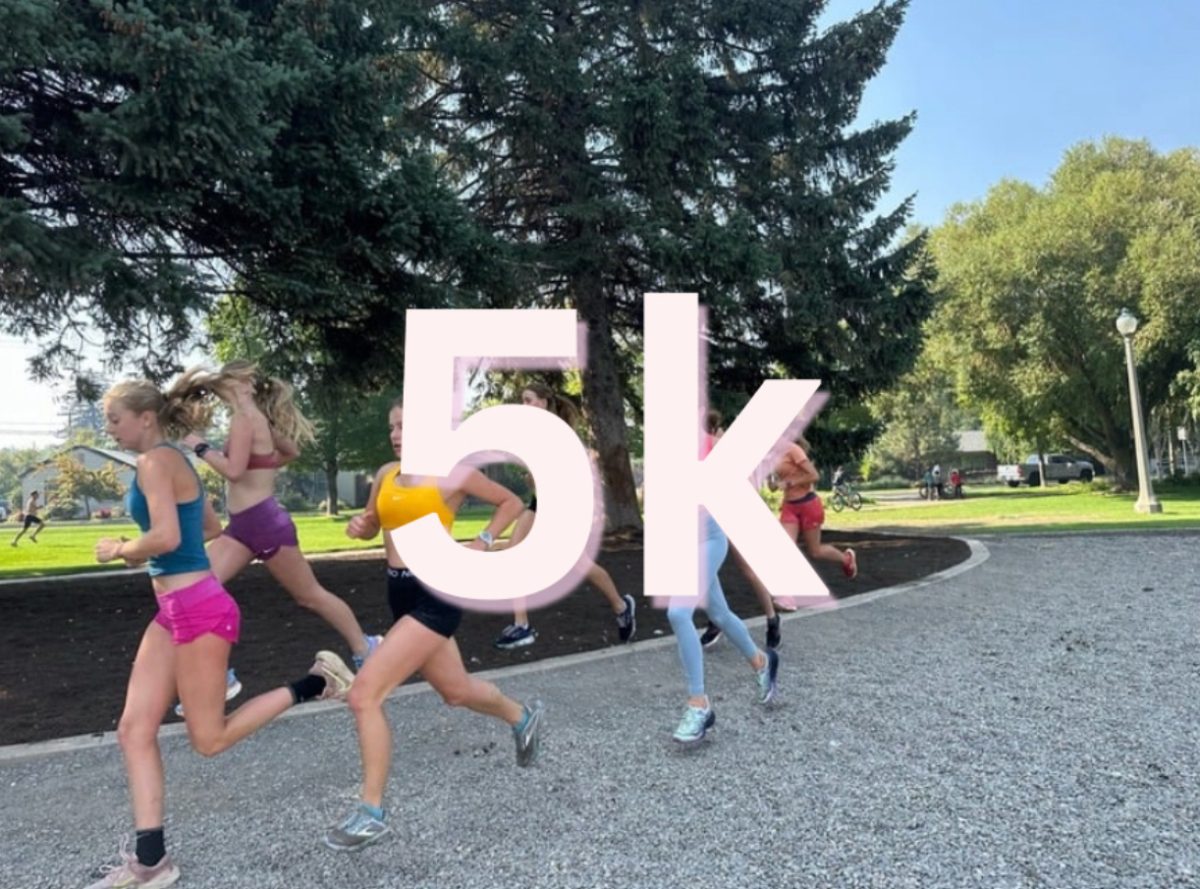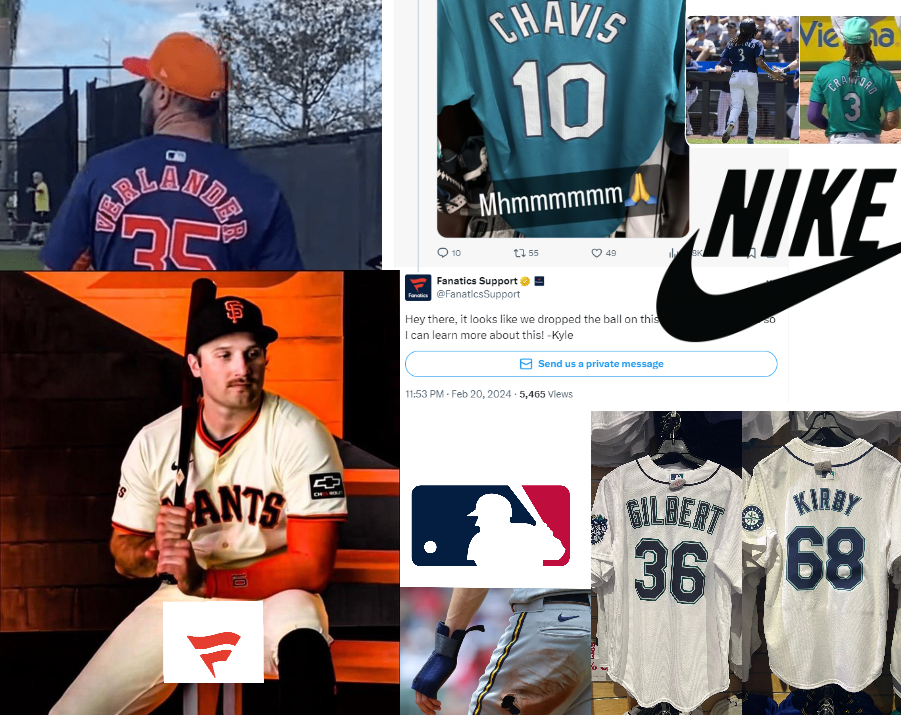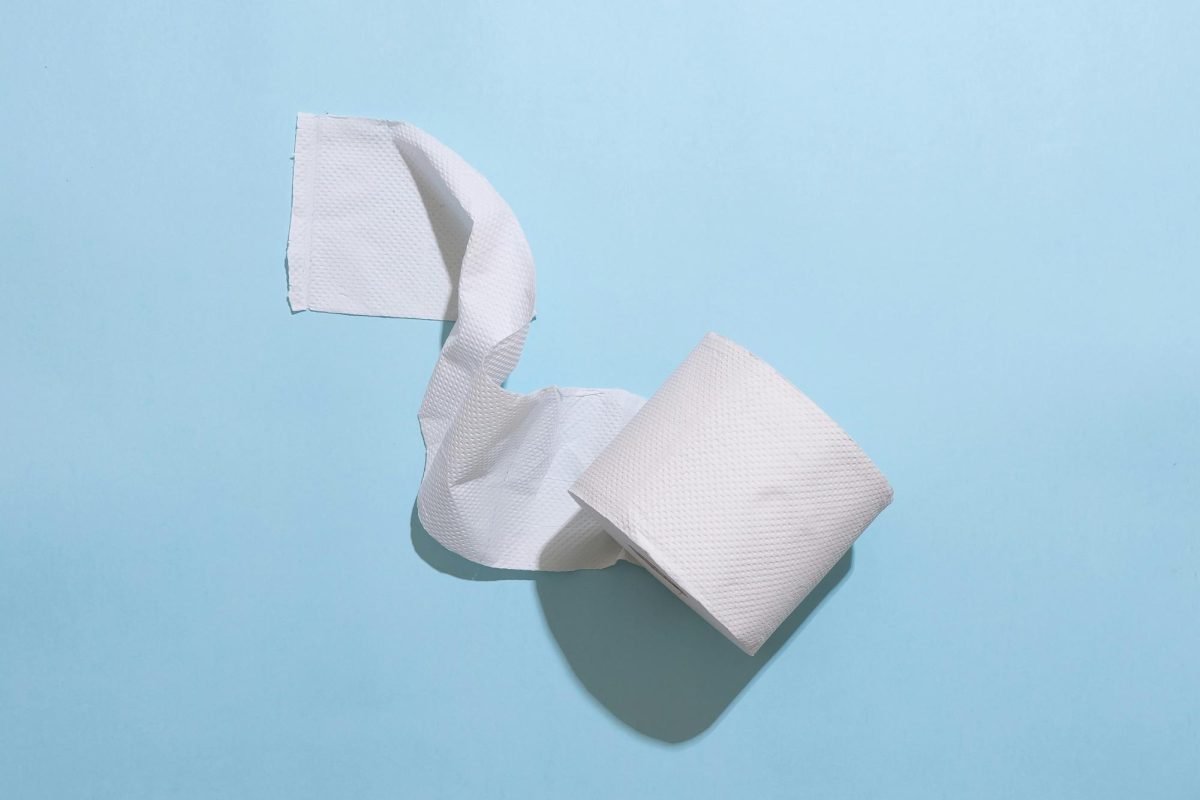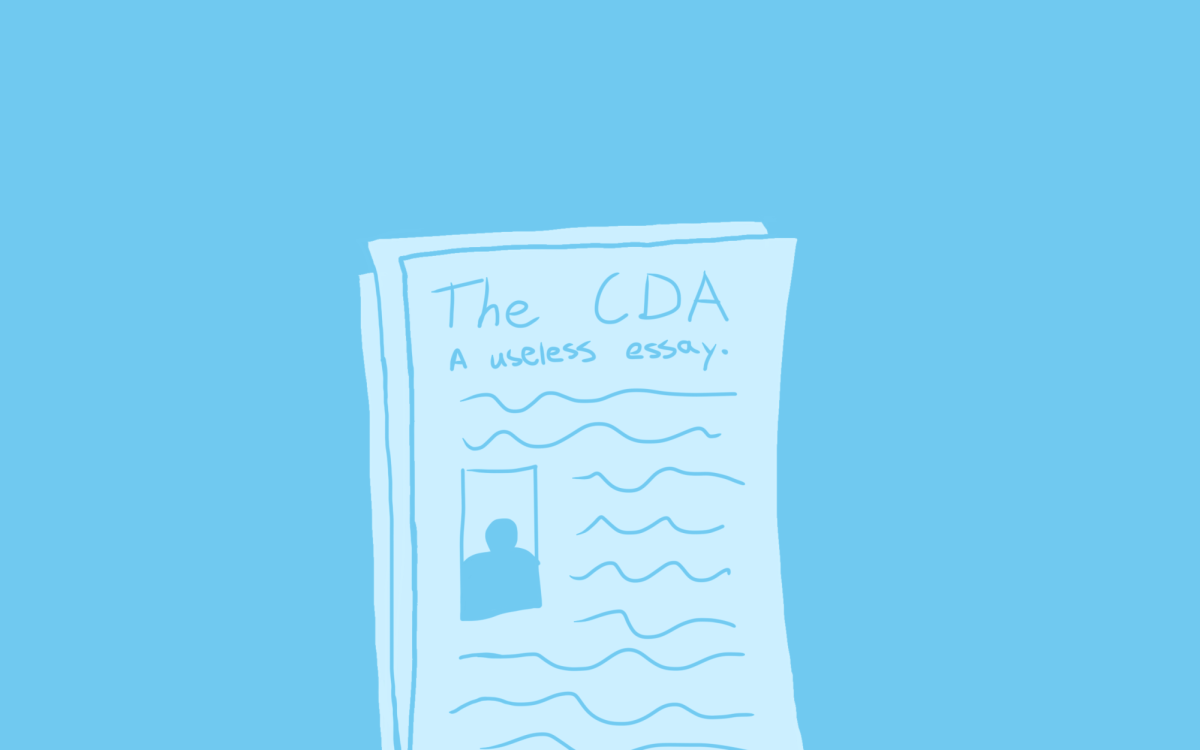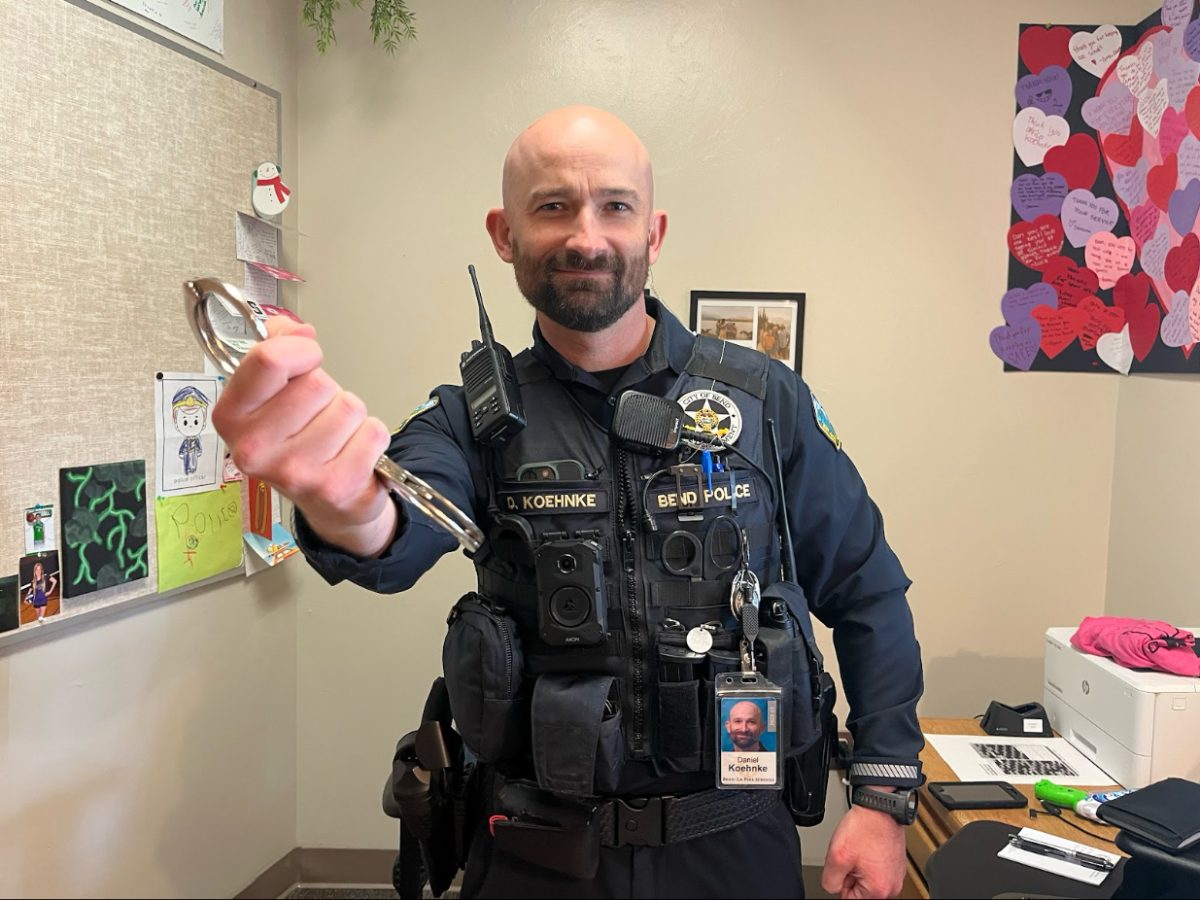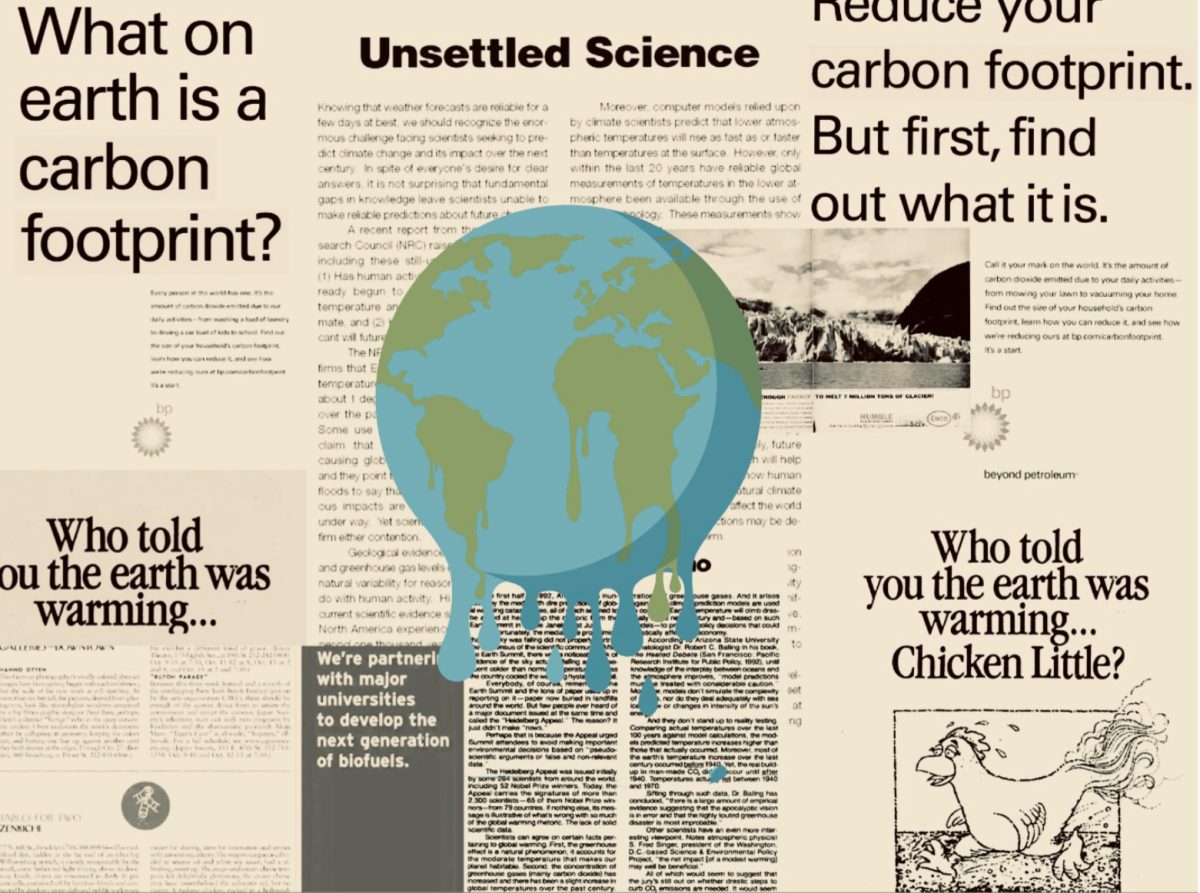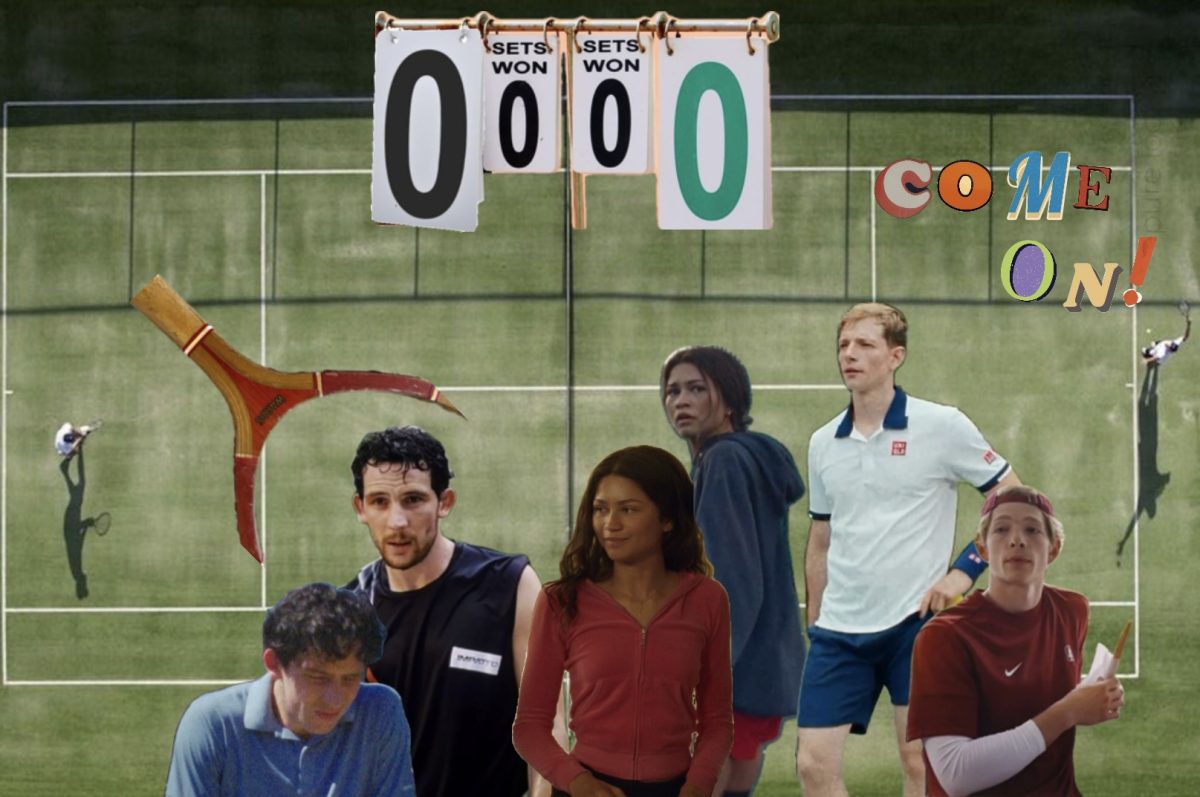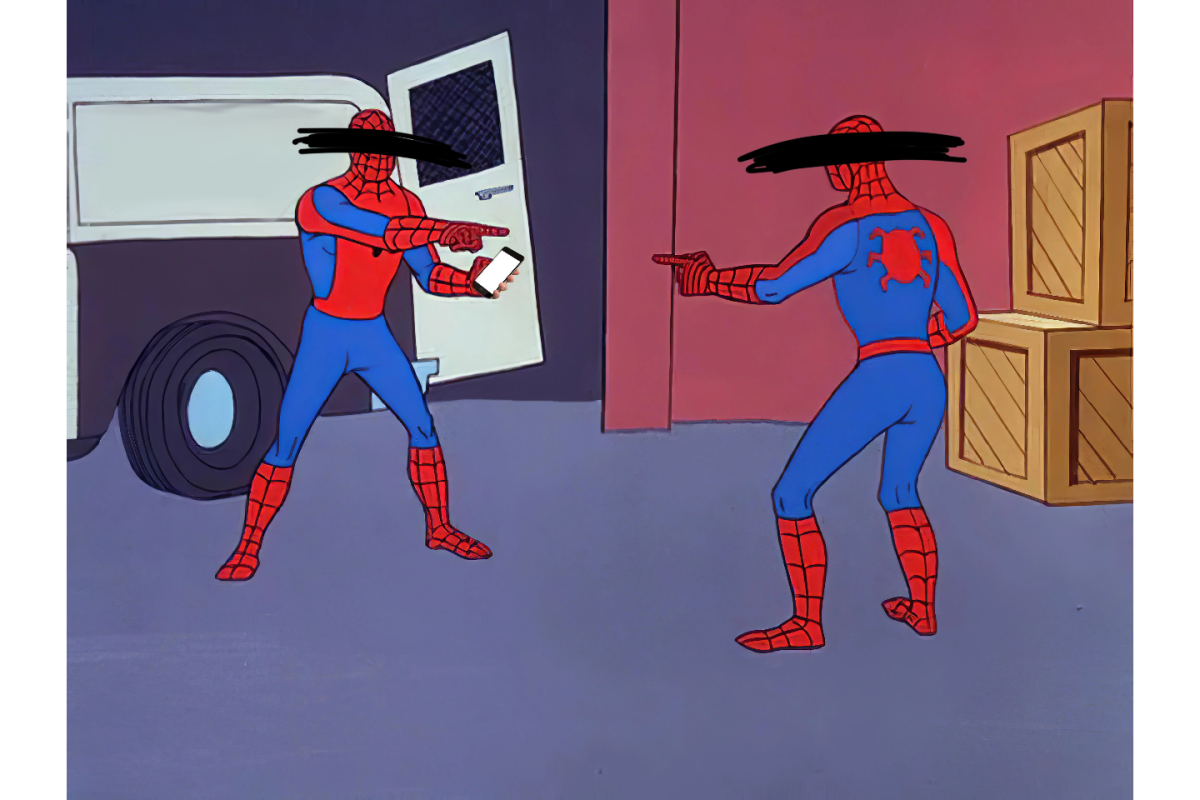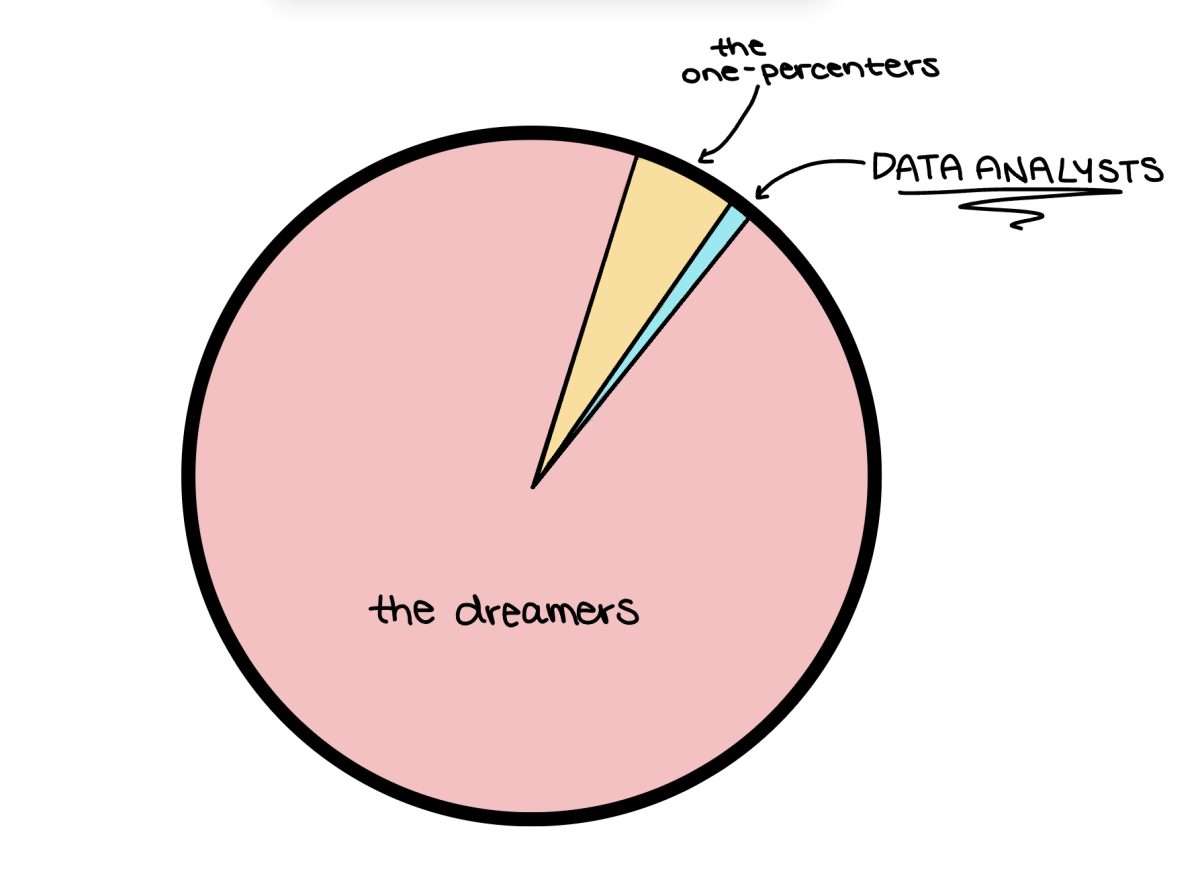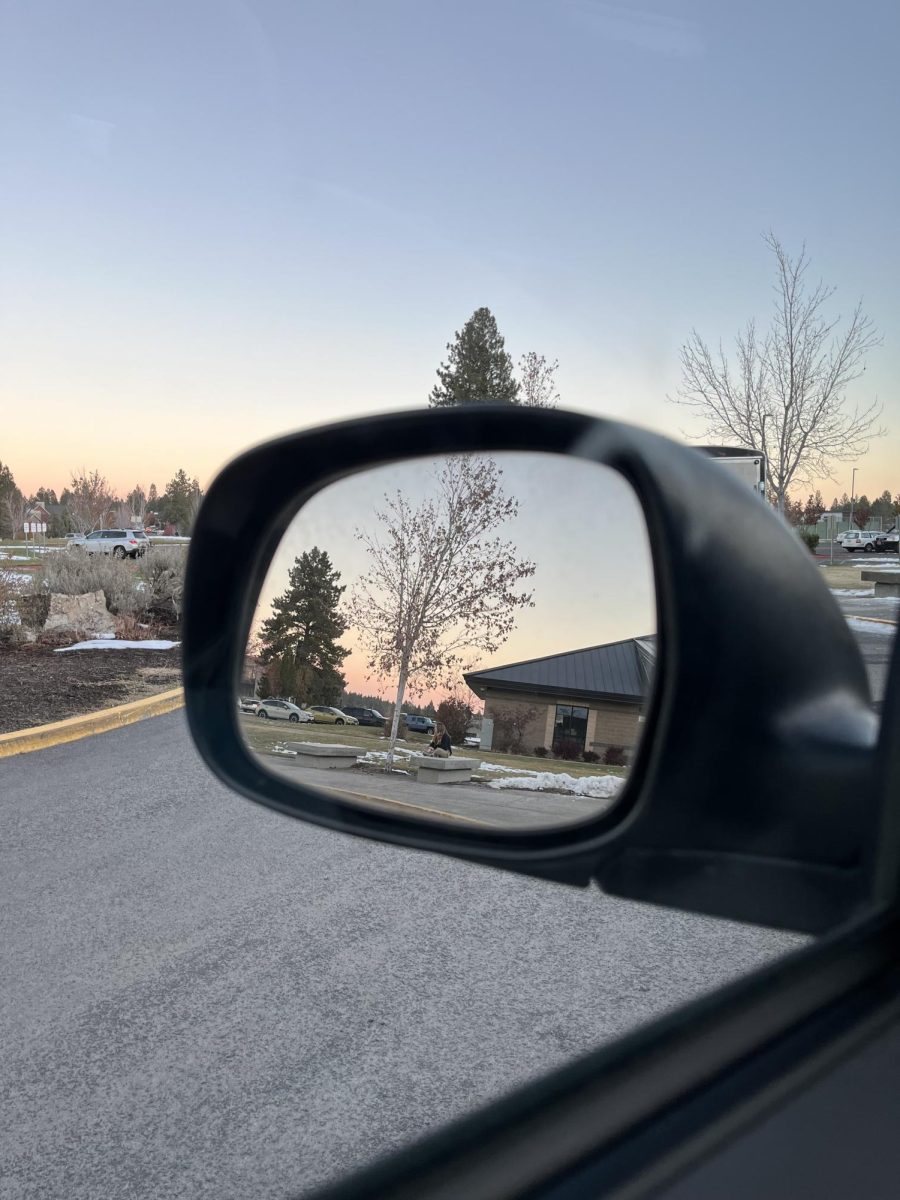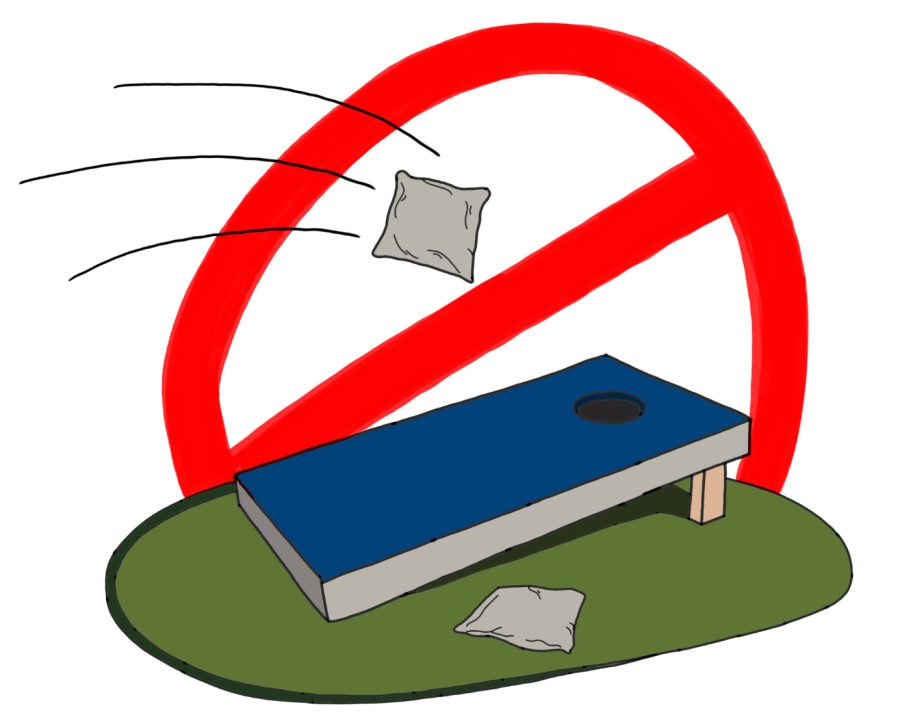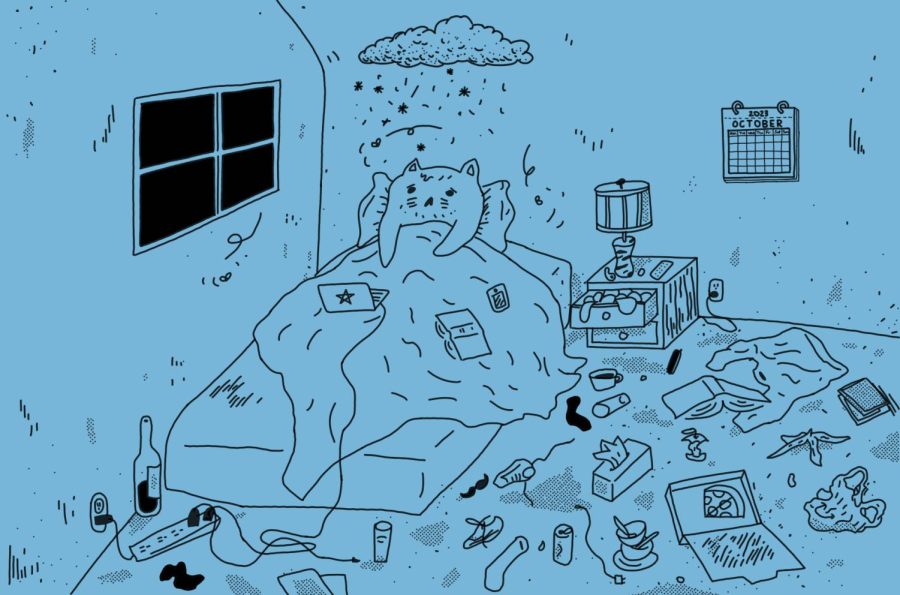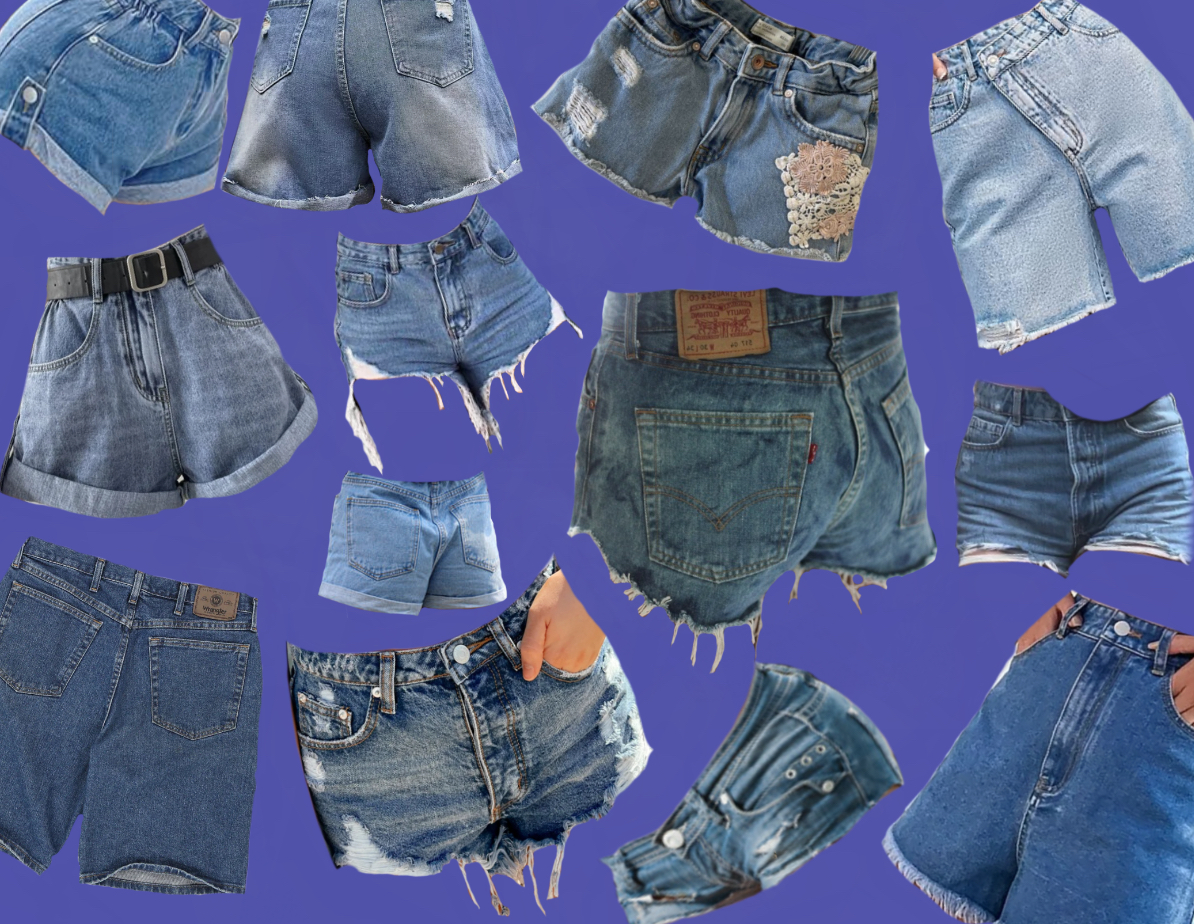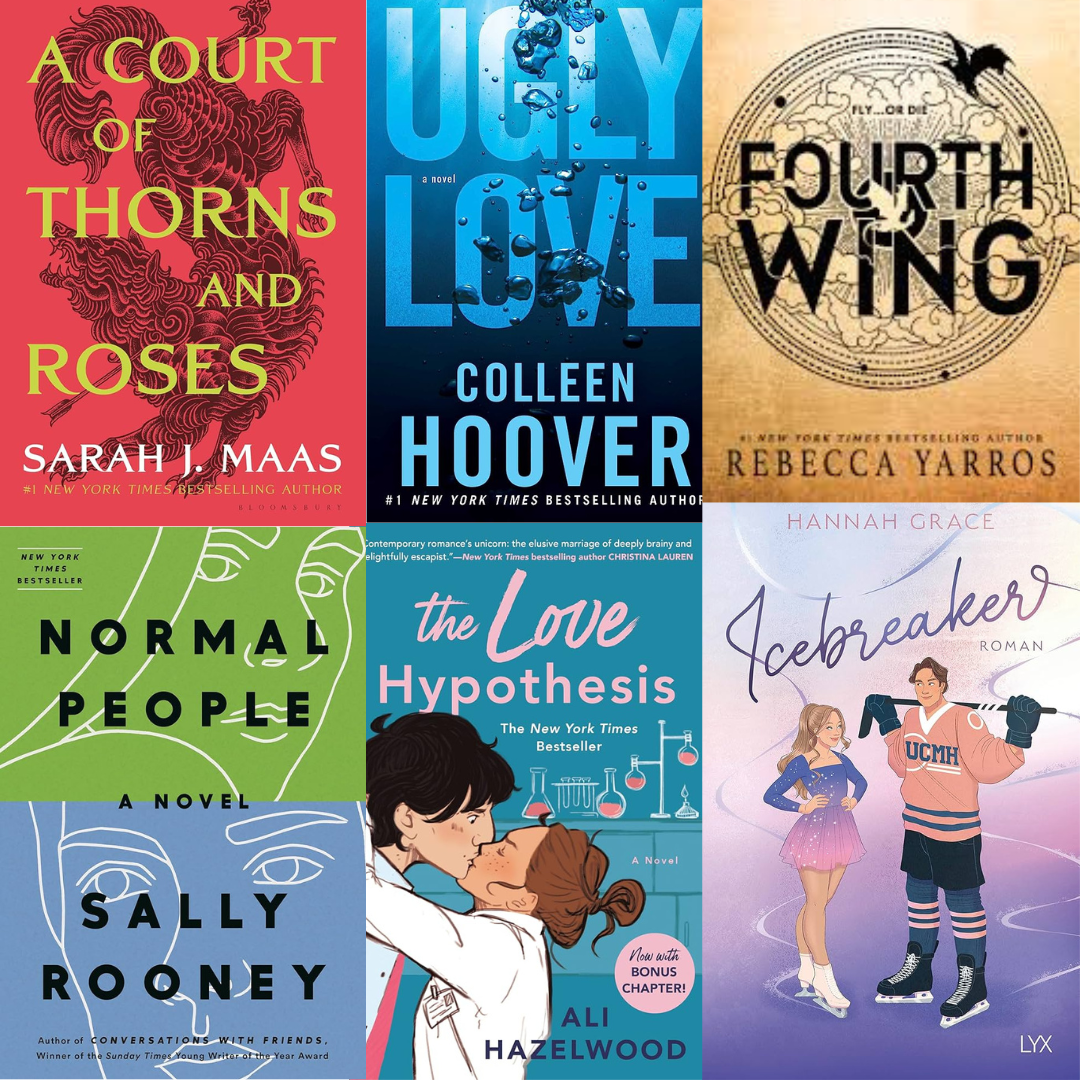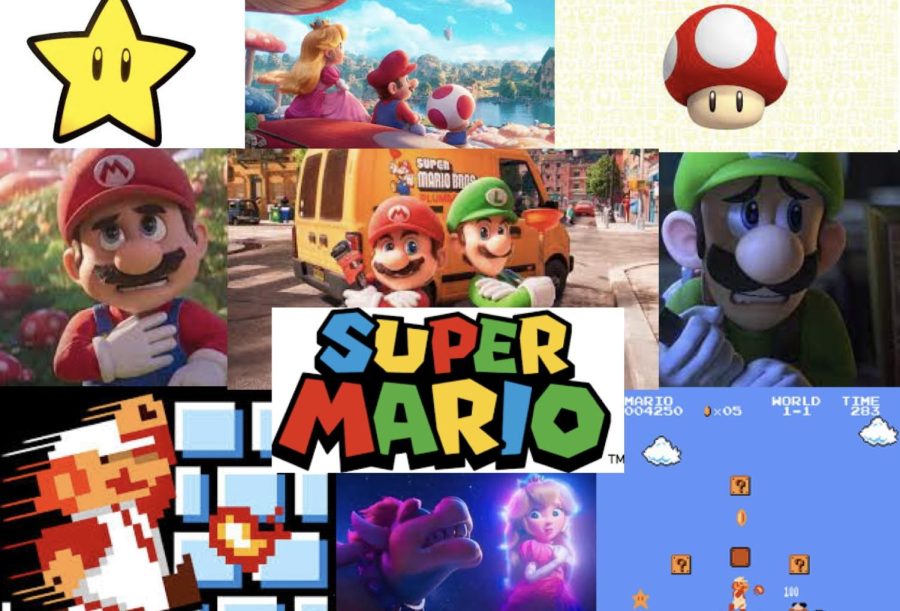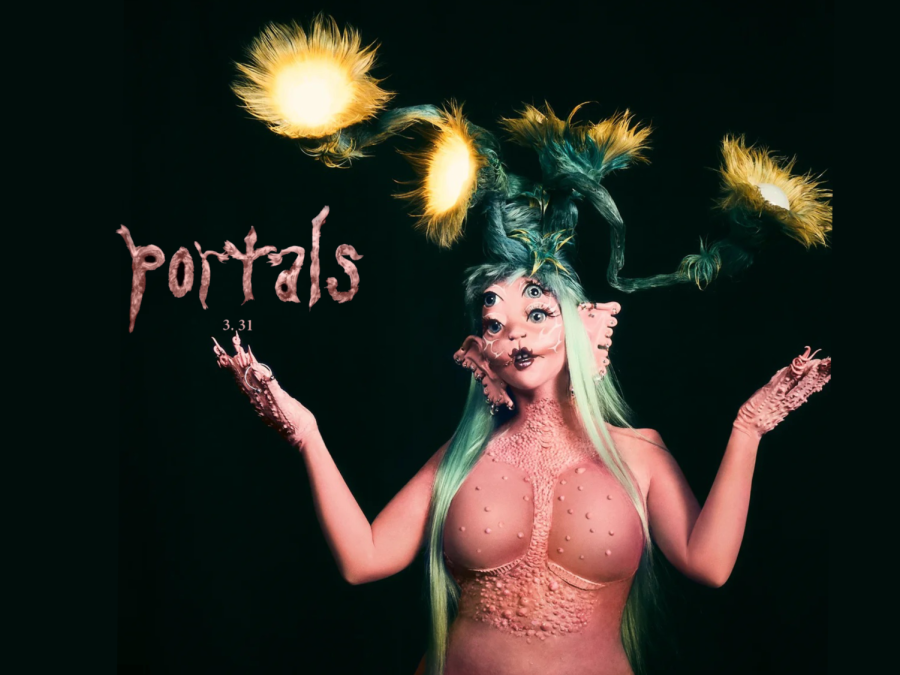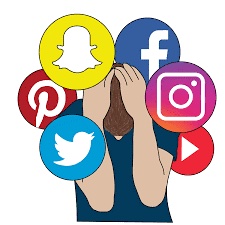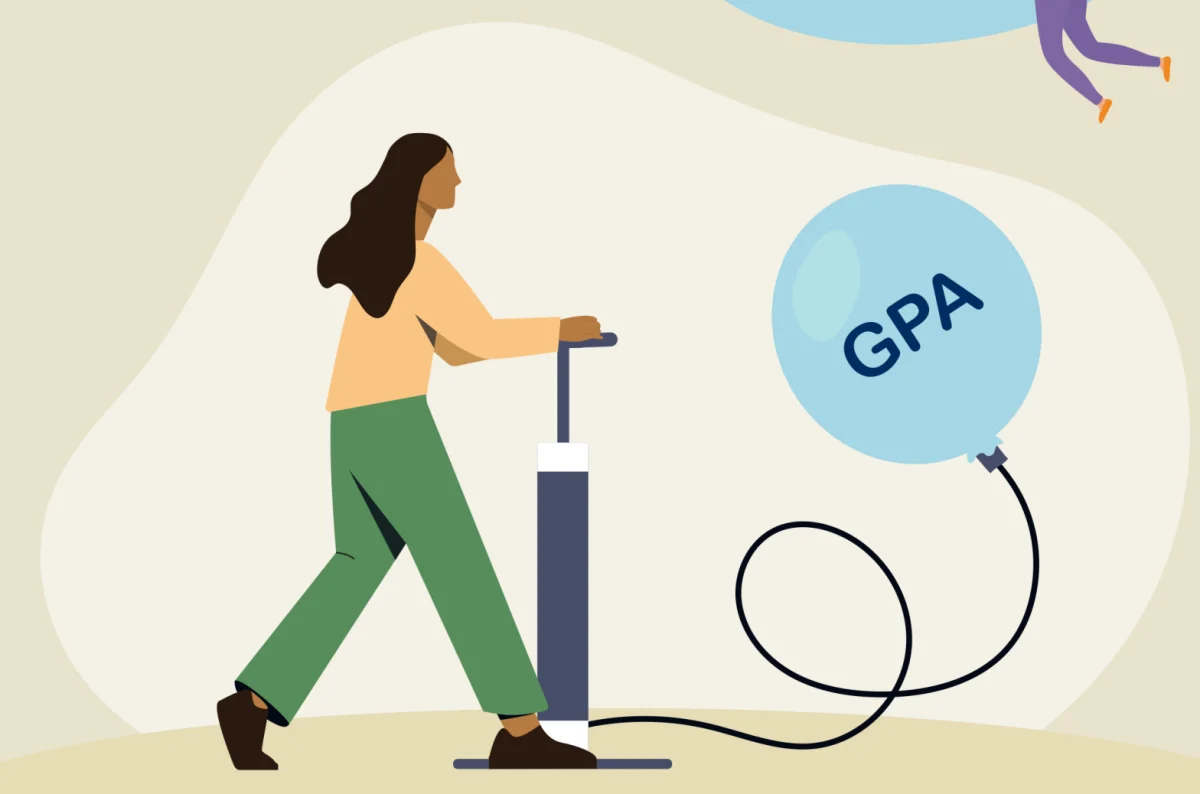I’m twenty minutes into my social media cleanse and I’ve already caught myself opening my phone and scrolling through my home screen aimlessly. I feel like I’m missing out. But on what? Scrolling for hours? Sending photos back and forth? Social media has only ever been a waste of my time, but suddenly without it there’s nothing I’ve wanted to have more. The idea of a “dopamine detox” has garnered attention online over time, specifically focused on the idea of a social media cleanse. Time Magazine explains the term ‘dopamine detox’ as a process of eliminating the consumption of social media in order to improve your mood. It piqued my interest, and now… here I am.
In a poll studying social media habits for teens in America, Gallup claims that on average, a 17 year old spends just short of six hours a day on social media. The modern age of social media promotes endless scrolling rather than its initial purpose of social connection. The course description of an ‘evolution of social media’ class at Maryville University highlights just how far social media has strayed from its original aim.
“[Social media reached] to help end users connect with friends, colleagues, family members, and like minded individuals they might never have met in person.” Although these founding ideals might still somewhat hold true, the ‘scrolling age’ of social media begs the question; at what point does social media simply become media?
“I could definitely delete Tiktok [and] Instagram,” said Nolan Boehm, a junior at Summit High School. “Maybe not Snapchat, cause that’s basically what I use for texting. To me, it’s not really social media. [Otherwise I use social media] probably, honestly, just to scroll. I’m not like… yearning to go get on my phone and look at Snapchat or Instagram.”
Boehm quickly proved his point by opening his phone and deleting his socials with little hesitation.
But this raises the question; is saying farewell to your personal dopamine drip really productive, or is it simply a performative obligation to help make sense of our relationship with the internet? Harvard Health describes the dopamine detox as a “maladaptive fad” spawned from simple misunderstanding of science, while PsychCentral claims it results in “improved emotional regulation.”
With all these contradicting claims flying about, I decided to try it myself. I first completely deleted Instagram, Snapchat, TikTok, X and Threads, all for a short four day period. Following that, I redownloaded my beloved virtual scrolling companions, but this time with a 15 minute time limit set for each app, with the intention of using it mindfully rather than scrolling away.
Within the first hour of my detox, I didn’t feel the “improved emotional regulation” I was promised, but rather a strong sense of FOMO. Although I subconsciously understood the insignificance of my urge to scroll, it felt like the end of days. I immediately realized the extent to which I depend on social media to fill in the blank spaces of my day. The absence of the physical fixation of using my thumb to scroll left me feeling antsy. I found myself opening my phone just to longingly stare at my home screen, gazing at the spaces where my lovely dopamine producing apps would once reside.
Luckily, by my fourth and final day, I felt completely comfortable operating within my day-to-day life without opening social media every five minutes. I still find myself opening my phone with no true intention, but I no longer depended on my socials to carry me through awkward elevator rides, or downtime when I arrived home from school. I chuckled when Logan Forkel, a junior at Summit, explained that he “never uses” social media, but I somehow found myself in the same boat.
Despite my comfort without social media, I didn’t truly notice any improved emotional regulation, or any increase in my productiveness. I was still a human being, and I still found ways to distract myself, even without my endless entertainment applications. I did, however, discover myself opening my mind to activities or media that requires an attention span longer than that of a goldfish. I also felt slightly better about myself. While I wasn’t truly doing anything more or less productive, the magic of the placebo effect made me feel like the world’s next health and lifestyle influencer.
When I finally reunited with my social media apps, I no longer felt the need to scroll every open moment of the day; in fact I barely even noticed their return. My reduced time limit of 15 minutes forced me to use them in a more productive and social manner, rather than the endless time suck I was used to. Wondering what your old friend from summer camp is up to? Congratulations, you have full freedom to check, without wasting an extra hour watching cooking tutorials you’ll never get around to trying.
After trying both complete shut off and limited use of social media, I can confidently tell you that the ‘dopamine detox’ trend isn’t what you think it is. While I did feel slight withdrawals from my social media addiction, I overall felt more productive, even if the productivity was watching three episodes of “The Bear” instead of scrolling for two hours.
Despite my extensive and profound research, the question remains; Should you delete your social media too? Simply put, you might as well. Maybe nothing will change, perhaps you’ll get FOMO, but you’re more likely to find peace of mind when social media finally stops force feeding you pointless information. Free yourself, one delete button at a time.



